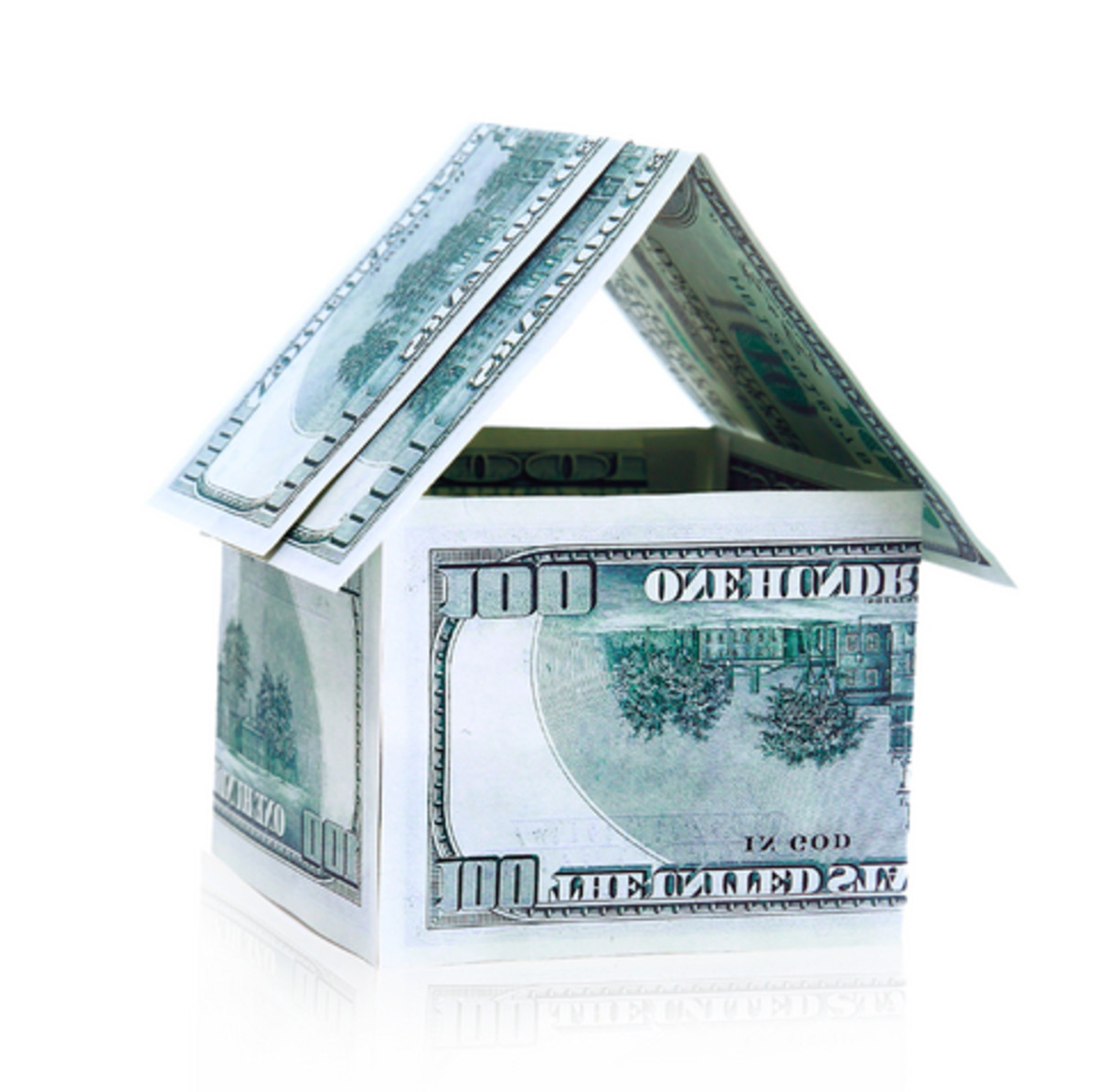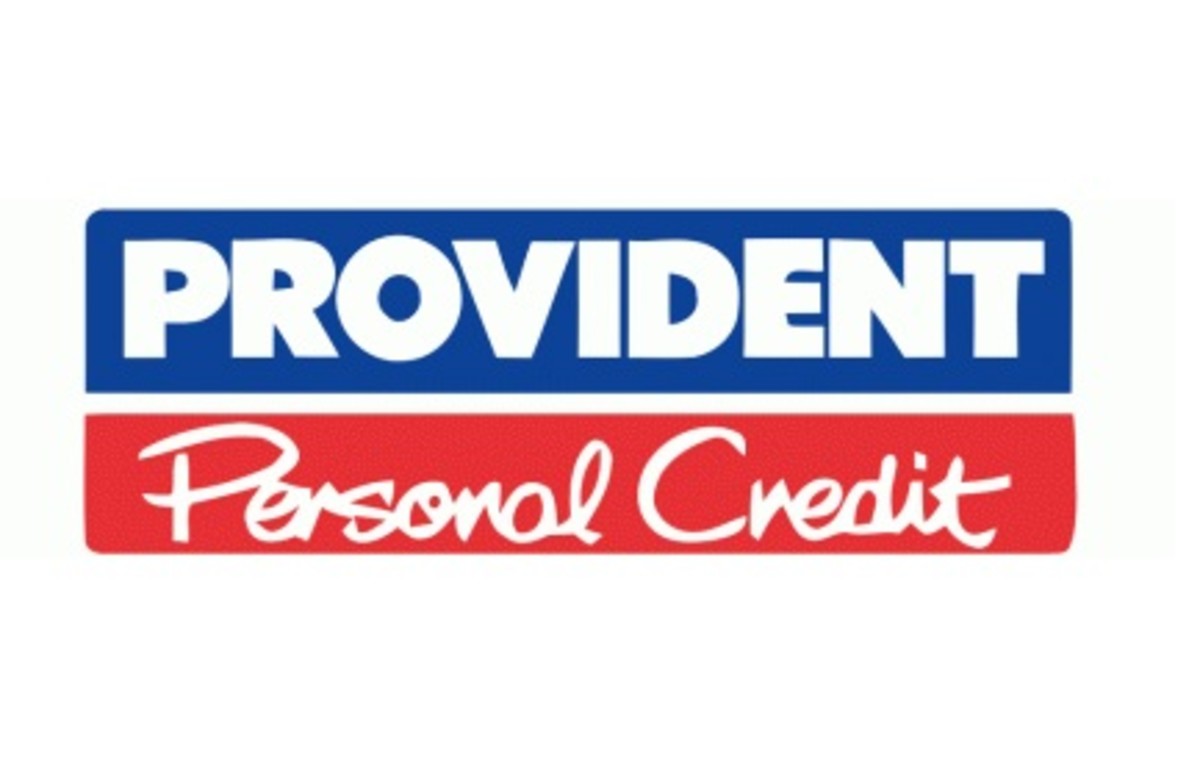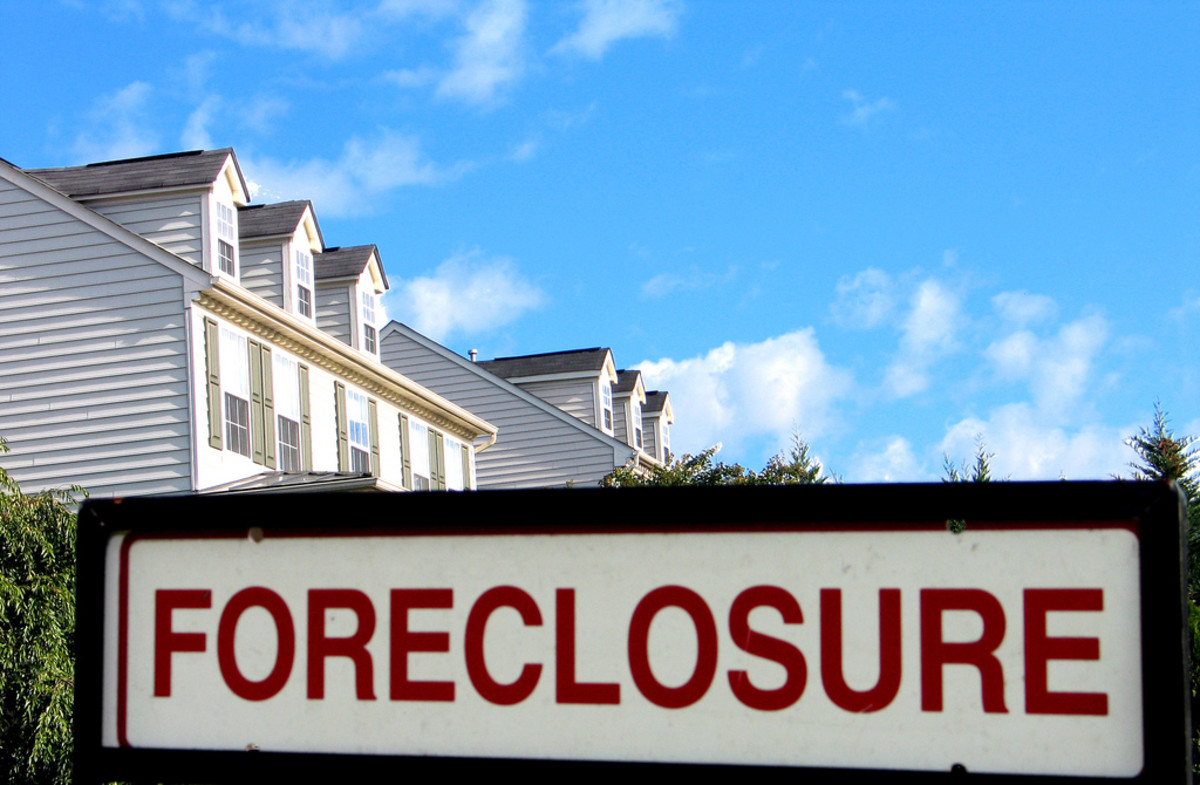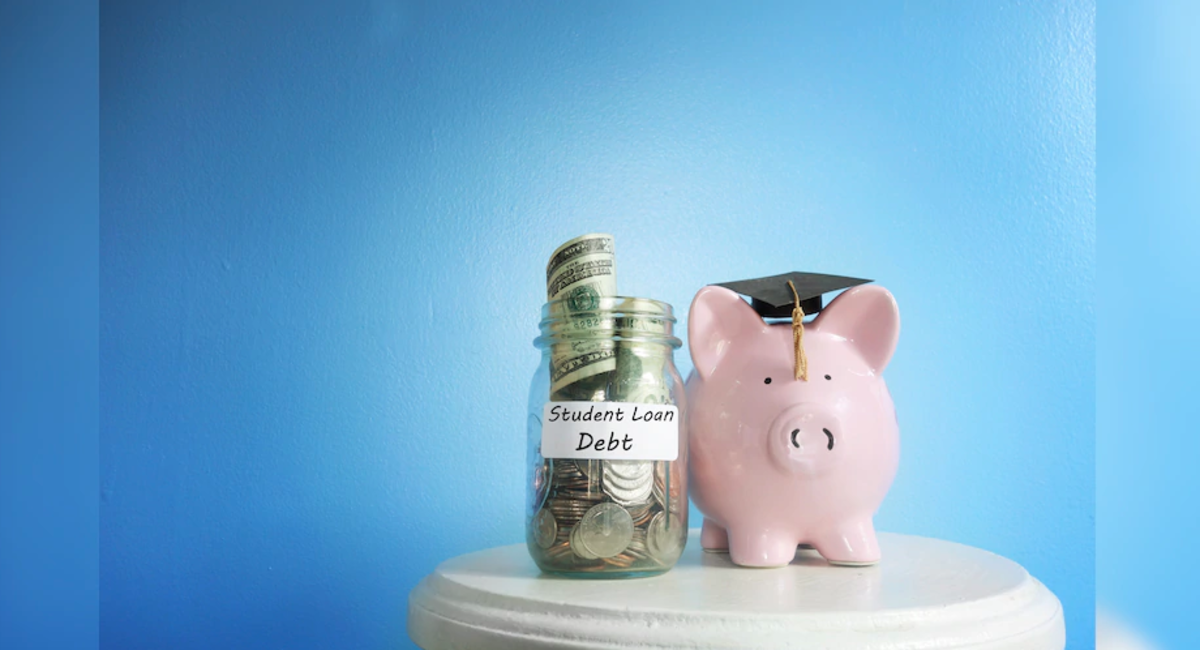Should I Take an Interest-Only Mortgage
Pros and Cons of Interest-Only Mortgages
When I financed my first mortgage way back in 2002, I thought I had a great deal in locking in a 6.125% mortgage rate for 30 years. At the time, it wasn't a bad rate at all. In the aftermath of the epic housing meltdown and all of the other financial ramifications, 6.125% would be horrible, as rates well below 4% have been possible in recent years for buyers with solid credit. There are many different options for those who are now attempting to obtain financing for their dream house.
One of these many options is the interest-only option. This could be a good deal, or it could be a bad deal, depending upon your plans. One of the questions that you really, really need to ask yourself is: How long do I plan on staying in the current house. A short-term stay might warrant the use of an interest-only mortgage. If you plan on retiring in the house, a fixed-rate mortgage would be your better option.
What does an interest-only option entail? The interest-only option allows the borrower to pay only the interest that is due on the note for a specified period of time--usually 5 or 10 years. The rate is often only locked for a year at a time. While you pay the interest on the loan, it's important to keep in mind that the principal remains the same, unless you choose to pay more than the required minimum. For example, a $100,000 loan at 4% interest would charge roughly $4,000/year in interest, and the monthly payment would be just under $350. After the first year, you would have paid around $4,000 to live in the house, but the principal of the loan would still be $100,000.
If the rate remained the same in the second year, you would still have $4,000 to pay in interest, and the principal balance would still be $100,000. Your total cost at this point would be $8,000, but you would still owe on the house. Realtor.com has a really neat tool that will allow you to crunch the numbers on houses with varying down payments and payment plans so that you can see the difference in monthly cost.
If we change our little scenario to a 30-year fixed-rate mortgage at 4%, the dynamics change. The estimated monthly payment would go up to $477, but at the end of the first year, you would owe just over $98,200. At the end of the second year, you would owe just over $96,400. Paying down the principal allows for the building of equity, assuming that the market does not collapse in your area.
So, when would the interest-only loan make sense in light of the big increase in payments over the latter years of the loan? People who have a relatively short-term work contract in a decent housing market may want to consider this form of financing if they intend to move within a few (less than 5 or so) years. The mortgage payment in with an interest-only loan would most likely be less than the cost of a rental property, and it would be cheaper than a fixed-rate mortgage, so you could save money in the long term if you are able to sell the house quickly. Keep in mind that there will be some additional costs involved in the purchase and sale of a house (i.e. closing costs and other legal fees and taxes). Those who are planning to stay in a home for a longer period of time, will probably want to look into a 15- or 30-year fixed rate mortgage.
When going in to apply for your next mortgage, this may be a feasible option that you may want to consider. Of course, it would definitely be best to discuss the particulars with your lender at that time, as another option may be better for you.
Financial Links
- Should I Buy a House Now?
Some people may feel that it's a bad time to buy a house because of the economic uncertainty. Actually, it's probably more likely that right now could be the best opportunity to buy a house that will be available for some time. Here are a couple of r - Pay Your Mortgage off Early?
Paying off debt early is always a good idea. However, what debt is best to pay off first. This article will give some pros and cons of paying off a mortgage early. - Interest-only loan - Wikipedia, the free encyclopedia








